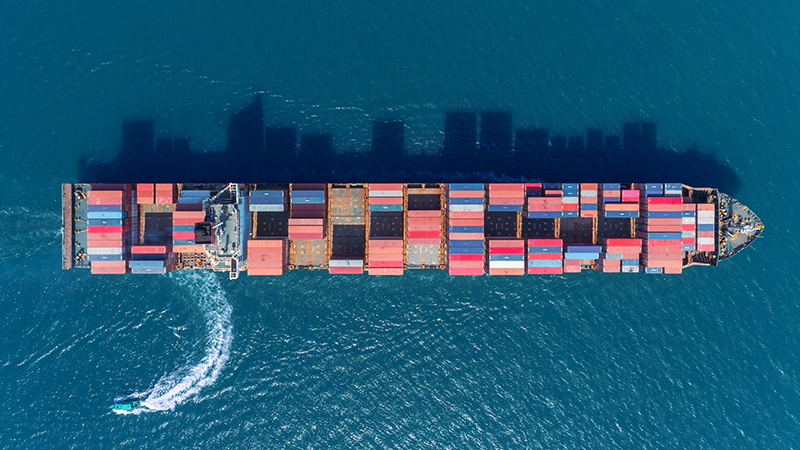
The Red Sea region’s escalating turmoil is exacerbating global supply chain challenges and potentially creating new bottlenecks in an already overburdened system. This development is especially alarming for the global economy, which is struggling with increasing instability. Recent actions by the U.S. and U.K., involving targeted strikes in Yemen against Iran-backed Houthi rebels, emphasize the growing geopolitical tensions and their direct impact on international trade routes.
These tensions have led to a significant rise in oil prices and have disrupted shipping operations for numerous companies, including Tesla, which had to halt production in Germany due to supply chain issues. The situation raises the potential of prolonged goods shortages, which could reignite inflation and spur discussions about moving production closer to U.S. and European consumer markets. The disruptions are exacerbating price increases, adding to the economic strain initially caused by the COVID-19 pandemic.
The concept of “nearshoring” — moving production closer to home — has gained traction since the supply chain crisis of 2021-22, driven by the pandemic and geopolitical conflicts. Mexico has emerged as a key player in this shift, overtaking China as the U.S.’s largest trading partner, thanks to its proximity, free trade agreement with the U.S., and competitive labor costs.
However, the transition to nearshoring is swarming with challenges. Despite efforts to diversify supply chains and make logistics more resilient, replacing one production hub with another, especially in distant locations, is not straightforward. Mexico’s success in nearshoring is partly due to its established role in supplying key imports to the U.S., such as automobiles and electronics. Yet, potential risks to Mexico’s free trade relationship with the U.S. could hinder the nearshoring process.
The bottom line: While relocating production closer to consumer markets is a prudent move to diminish geopolitical risks, it presents its own set of challenges. The ongoing turmoil abroad highlights the immediate risks to inflation and the supply chain, emphasizing the complexities of navigating global economic interdependencies.

